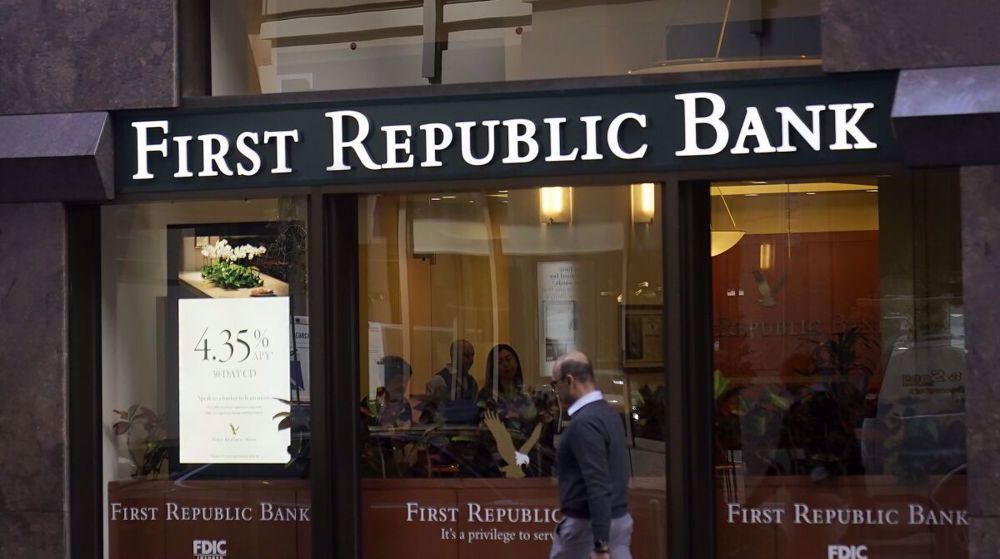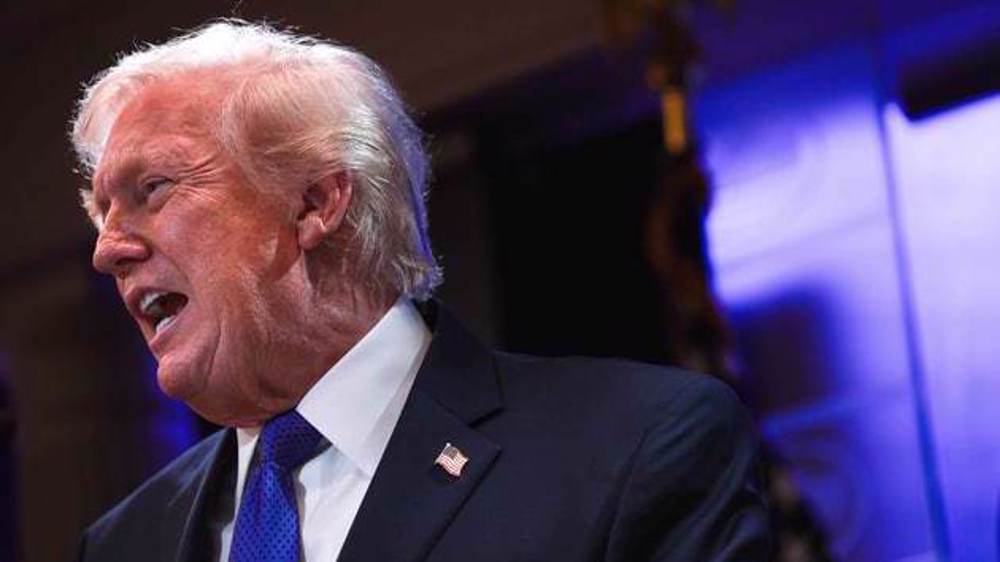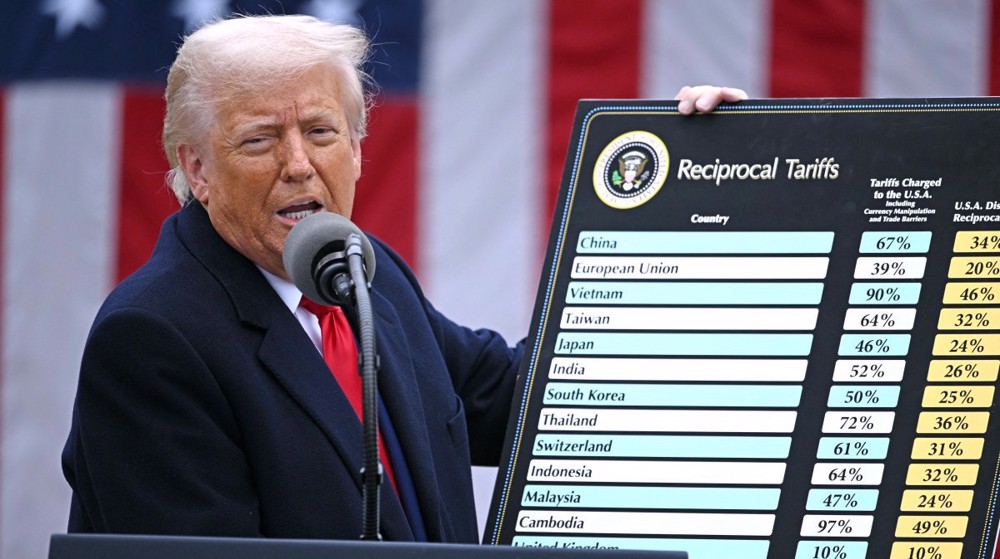2nd largest bank failure in US: First Republic Bank seized, sold to JPMorgan
US regulators have seized troubled First Republic Bank and sold its deposits and assets to JPMorgan Chase Bank, in a bid to avert further turmoil in the banking sector.
San Francisco-based First Republic is the third midsize American bank to fail in two months, after Silicon Valley Bank and Signature Bank collapsed in March, sending shockwaves throughout the banking industry.
Following the closure of those two banks, investors and depositors had grown increasingly nervous that First Republic might also go under due to a high amount of uninsured deposits and low-interest rate loans.
First Republic disclosed last week that its jittery customers had pulled out more than $100 billion in deposits in the first quarter and was exploring options.
Its shares tumbled 43.3% in premarket trading before being halted. The bank’s stock has lost 97% of its value this year.
To mitigate the crisis, the US Federal Deposit Insurance Corp (FDIC) reached out to larger institutions, including JPMorgan and Citizens Financial Group Inc (CFG.N), to submit their final bids if they were interested in buying out First Republic.
JPMorgan won the auction over the weekend and agreed to make a payment of $10.6 billion to the FDIC as part of the deal to buy most of the smaller lender's assets.
“Our government invited us and others to step up, and we did,” said Jamie Dimon, chairman and CEO of JPMorgan Chase.
In a statement, JPMorgan said they have taken over all the deposits of the bank and agreed to pay back $25 billion of the $30 billion that big banks deposited at the lender in March.
The FDIC announced Monday that First Republic's 84 branches in eight states will reopen as branches of JPMorgan, and depositors will have full access to all of their deposits.
As of April 13, First Republic had approximately $229 billion in total assets and $104 billion in total deposits.
As part of the agreement, the FDIC will share losses with JPMorgan on First Republic’s loans.
First Republic’s collapse slots it just behind Washington Mutual Inc., which imploded in 2008 with $307 billion of assets and total deposits of $188 billion.
Hamas condemns Netanyahu’s proposal for new regional alliance
Huckabee mocks Arab League's condemnation of his biblical territorial remarks
VIDEO | Trump tariff setback
VIDEO | Press TV's news headlines
VIDEO | Iran will not 'capitulate' since it has military surprises for US
China overtakes US as Germany’s top trading partner
VIDEO | Displaced Gazans struggle to find clean water amid Ramadan
VIDEO | Pakistan strikes militant camps along Afghan border after suicide bombings










 This makes it easy to access the Press TV website
This makes it easy to access the Press TV website